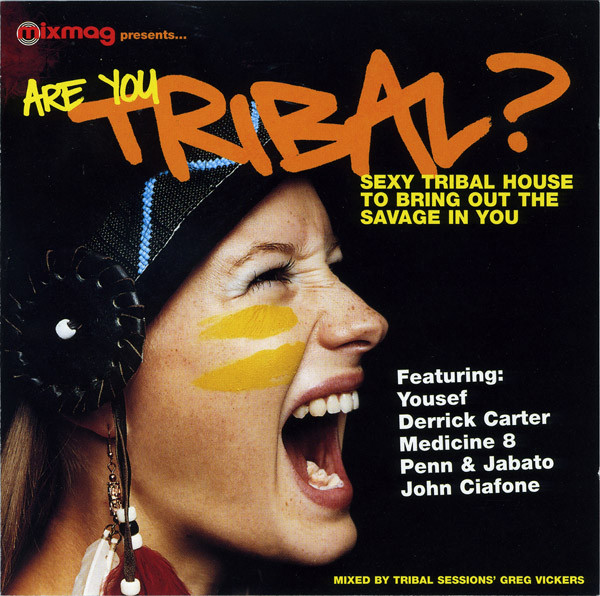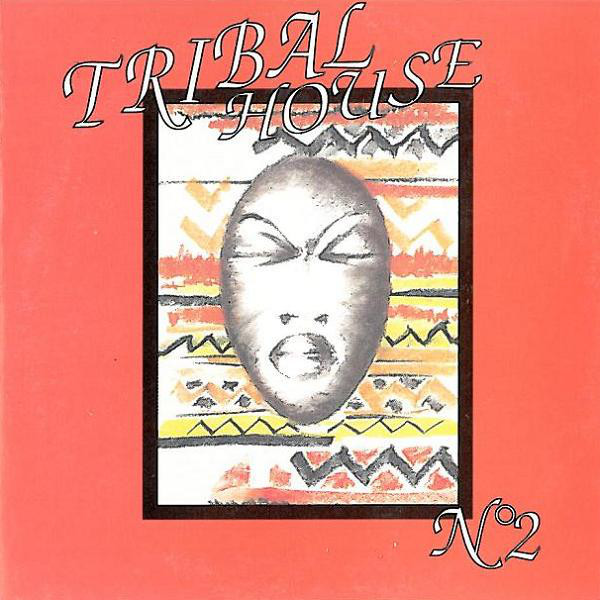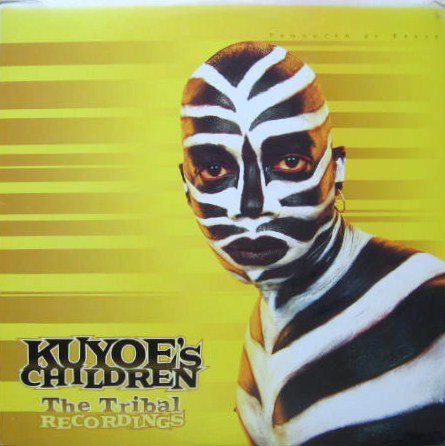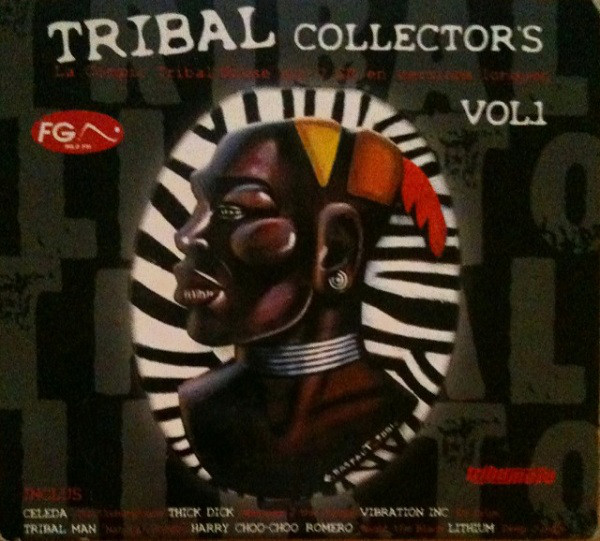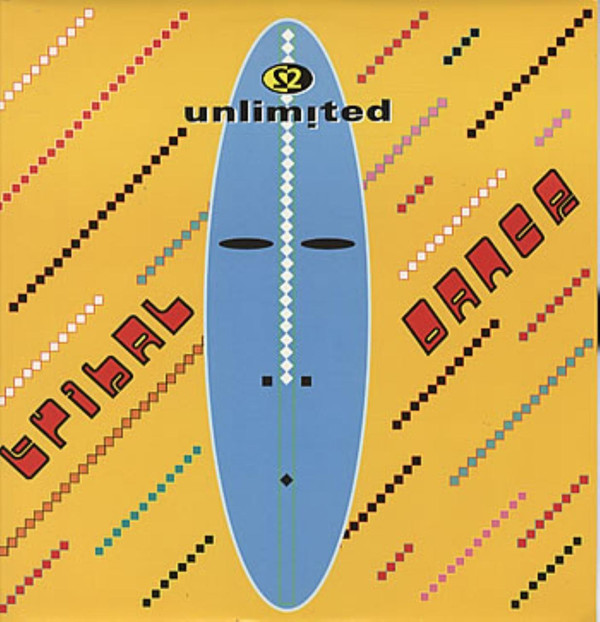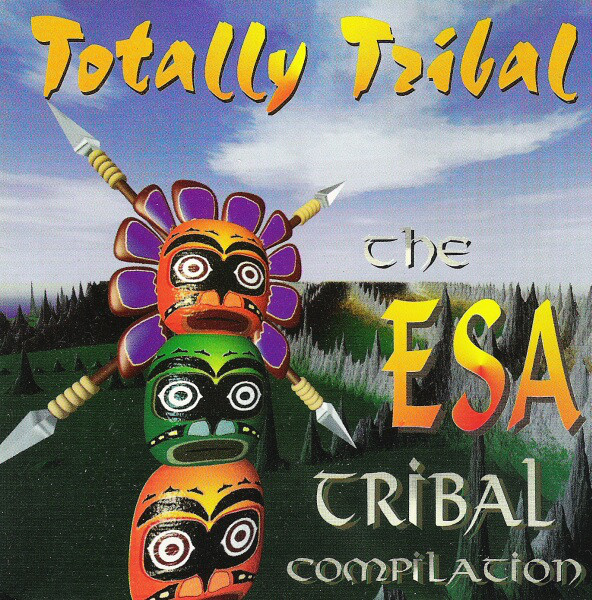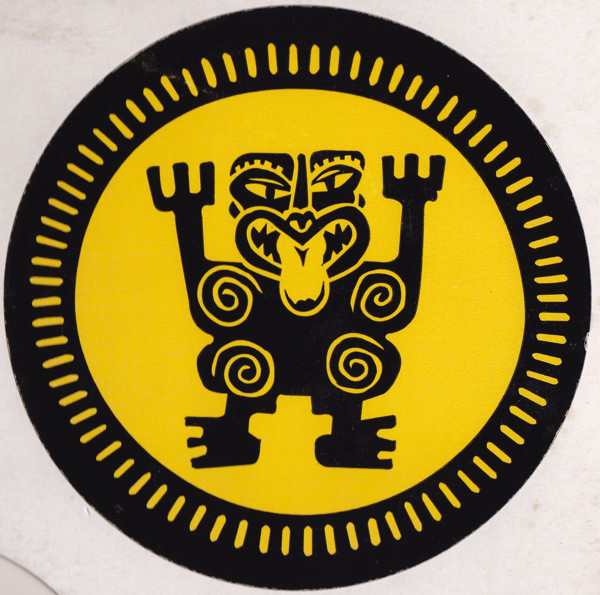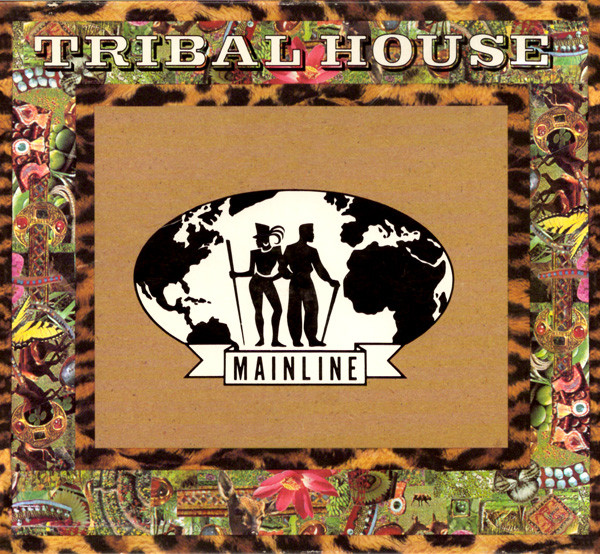The Trouble with Tribal: An Argument for Afro-House
Recently, National Geographic made a landmark decision. They asked a professor of photography and African history to review their archives and previous publications with an eye to highlighting their portrayal of non-white cultures. The findings were published in National Geographic. Unsurprisingly, the magazine often cited colonialist tropes of “the noble savage” and made scathing remarks and interpretations of indigenous cultures. Obviously we should not applaud NG for their previous work, or even their motivations for publishing such research given how much they have profited from these representations of the “exotic” and “uncivilised” peoples in their publication. However, perhaps we should approve of their willingness to face an ugly past, and in such a thorough manner.
I’d argue, dance music needs to do the same.
As a culture we live in a world of severe cognitive dissonance. We purport to be a culture of acceptance with words like “family” and “unity” thrown across the dance floor. But our actions don’t match the sentiment. Look at the way house music mixes are presented on youtube with hyper-sexualised images of semi-naked women with no attempt to promote body positivity. Or the fact DJs are ostensibly male and cis with so little variation apparent on the popular face of dance music. Or disco demolition as a galvanising moment of racism and homophobia (which is at least recognised as such now). However, my main concern is the musical materials we have previously created as a culture. The worst culprit? “Tribal House”.
Punter: What kind of music is this?
DJ: Oh tonight I’ve got some great new cultural appropriation to play for you.
How was that ever an acceptable term?! Tribal house. It’s a monetisation of the exoticism and “noble savage” trope, as bad as anything that National Geographic has ever published. Listen to those early tribal tracks, all african percussion, chanting, clapping, vocalisations. All of it without context, without any sense of realism or accreditation. Tribal house is the worst way to describe the music.
Oddly, some tribal house was made by Hispanic Americans. Perhaps an afro-cuban connection allows for some degree of wiggle room here as there is that cultural interplay in action. However, latin house is certainly it's own domain and far more appropriate and fitting for such producers. What about the huge rafts of tribal house that was made by white people? The question this raises is should producers from beyond a culture be free to indulge in musical materials beyond their experience? I certainly don't mean to curtail creative freedoms. But by the same token should we not have an appreciation for the sincere and "authentic" (problematic words!) expression of a culture and leave those domain of exploration for those who truly understand their own cultures? I don't feel there's an easy answer here.
The imagery associated with tribal house is perhaps the most problematic aspect of the genre. These images are drawn from discogs and show some of the worst examples of faux-African imagery. Mixmag's Are You Tribal? compilation sports a white woman with a Native American headpiece and "war paint", whereas others use stereotypical images of African masks and fake African art. Or the “Tribal Collectors Vol. 1” compilation sporting a stereotypical profile on a zebra print background (and possibly a slave collar?!). I don't consider myself particularly "woke" but I know awful racism and cultural appropriation when I see it.
Regardless, the first thing we need to do is stop. Stop using the term. I’m not suggesting ret-conning our history to delete tribal house, or even the term. But let’s resign it to the history books as a mistake. Musically, some of it was actually quite good, but ethically it was a house built on quicksand. And some of those musical materials were important points in dance music history, particularly the stuff coming from New York. But do we need to make more?! No.
Wonderfully, Africa (particularly Mali and Nigeria) have recently become powerhouses for a new style of house music. Not tribal. But house music infused with beautiful African elements, and produced almost exclusively by Africans. Interestingly, St Germain seems to be leading the charge here. Although he’s Parisienne, his albums employ a great deal of collaboration and interplay with Malian musicians, and as such remixes music from Mali in a manner that is both “true” to the original ethos of the music, and sympathetic to the material too. Other African producers are also creating fantastic house music with a distinct, identifiable feel. Nigerian house sounds different to Malian house if you listen hard enough. Gqom (originally from South Africa) is the spiritual extension of Kwaito. AND perhaps most noteworthy, many of these producers are African women, voices so rarely found in the house music discourse. These new sounds are all so exciting and so worthy of your time. Please do explore the playlist above.
This new African house music is not tribal. It doesn’t “play on the mysticism of deepest, darkest Africa”. It is cosmopolitan, cleverly put together, and a sincere expression of the artists and their experiences. I would suggest using a new term. Let’s do what we should have done long ago, let us show respect and gratitude to these producers for their beautiful work. Afro house. We have afro-futurism as a term, and wrapped up in that is dignity and a different perspective. Why not “Afro house” as a term to encompass those same qualities.
Changing one word in our canon can help us get closer to those values we say we believe in.

